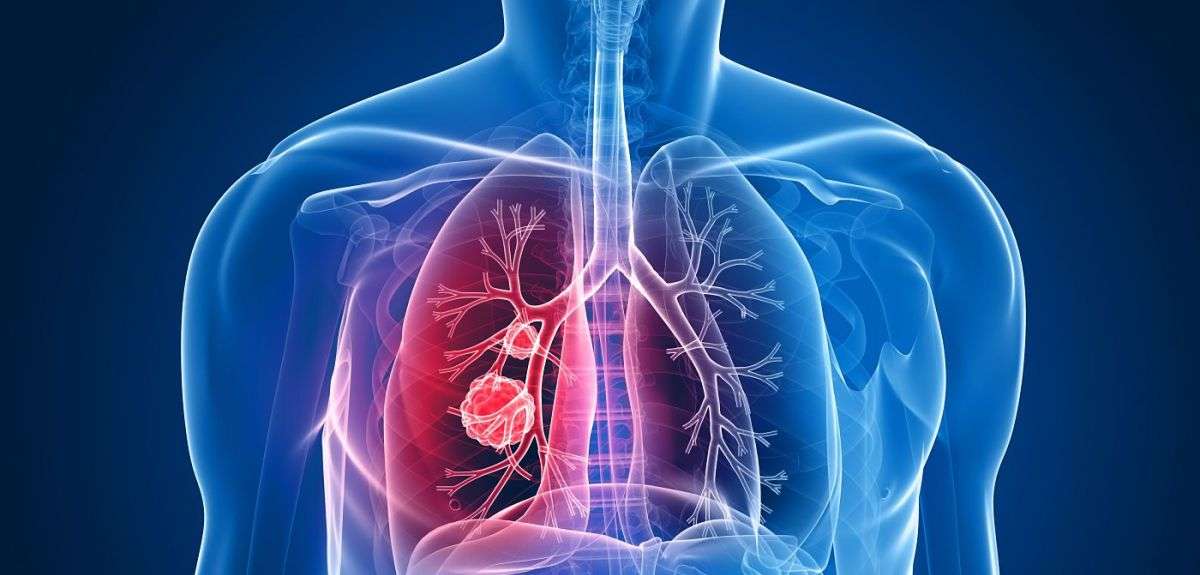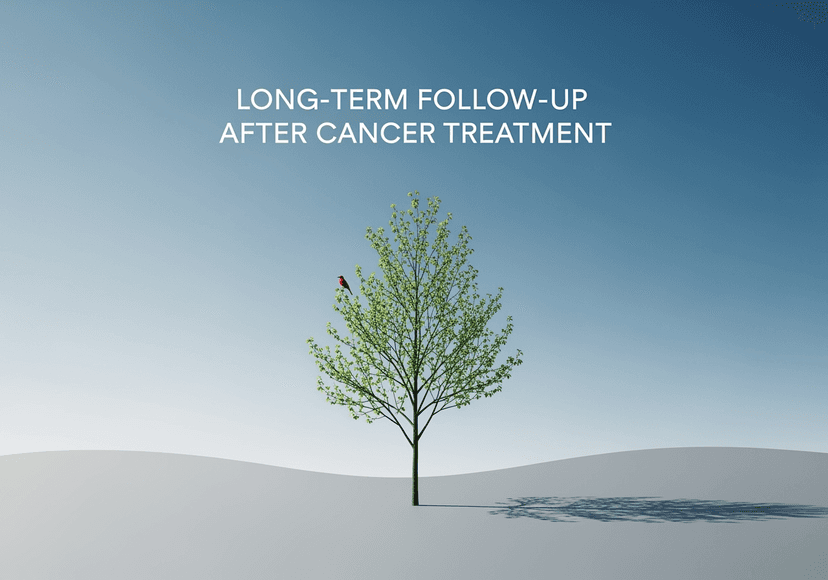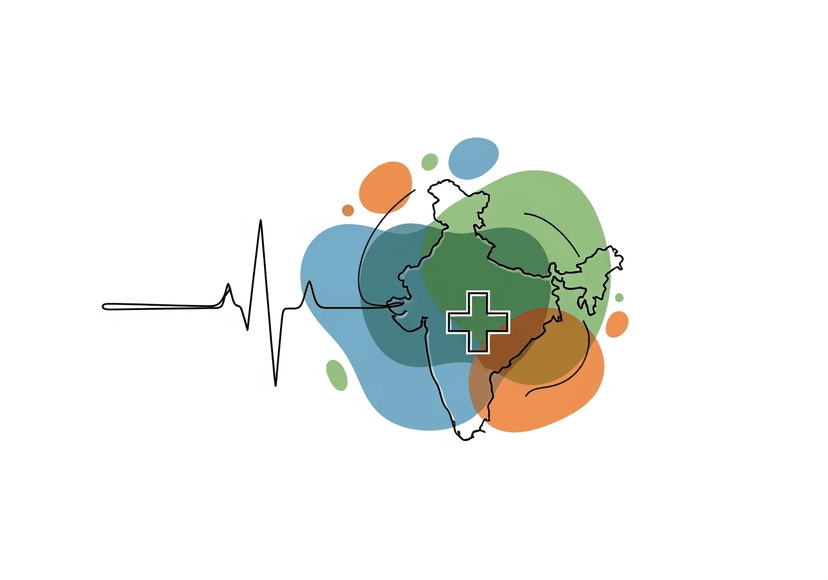
Advanced Lung Cancer Treatments in the UK: A Guide for Patients from Russia
27 Jul, 2024
 Healthtrip Team
Healthtrip Team1. Targeted Therapy
Targeted therapies are designed to target specific molecules involved in the growth and spread of cancer cells. These treatments are often used when lung cancer has specific genetic mutations or alterations. In the UK, several advanced targeted therapies are available:
Most popular procedures in India
A. EGFR Inhibitors: Drugs such as osimertinib (Tagrisso) target mutations in the EGFR gene, which are commonly found in non-small cell lung cancer (NSCLC). These inhibitors work by blocking signals that promote cancer cell growth.
B. ALK Inhibitors: Alectinib (Alecensa) and crizotinib (Xalkori) are examples of ALK inhibitors that target the ALK gene rearrangements. These drugs are particularly effective in patients with ALK-positive lung cancer.
Wellness Treatments
Give yourself the time to relax
Lowest Prices Guaranteed!

Lowest Prices Guaranteed!
C. ROS1 Inhibitors: For patients with ROS1 gene rearrangements, targeted drugs like crizotinib and entrectinib (Rozlytrek) are used to inhibit the growth of cancer cells driven by these alterations.
2. Immunotherapy
Immunotherapy represents a groundbreaking approach by enhancing the body’s own immune system to fight cancer. In the UK, patients can access several types of immunotherapy:
A. Checkpoint Inhibitors: Drugs like pembrolizumab (Keytruda) and nivolumab (Opdivo) are designed to block proteins that prevent immune cells from attacking cancer cells. These treatments have shown significant efficacy in advanced lung cancer.
B. CAR-T Cell Therapy: Although more commonly associated with blood cancers, research and clinical trials are exploring the use of CAR-T cell therapy for lung cancer. This therapy involves modifying a patient’s T-cells to better recognize and attack cancer cells.
3. Chemotherapy
Chemotherapy involves the use of drugs to kill or inhibit the growth of cancer cells. In the UK, chemotherapy regimens are often customized based on the type and stage of lung cancer:
A. Platinum-Based Chemotherapy: Drugs like cisplatin and carboplatin are frequently used in combination with other chemotherapeutic agents, such as pemetrexed (Alimta) or docetaxel (Taxotere), to treat advanced lung cancer.
B. Combination Chemotherapy: Regimens combining multiple drugs may be used to increase effectiveness and address the complexity of the cancer.
4. Radiation Therapy
Radiation therapy uses high-energy rays to target cancer cells. The UK offers several advanced forms of radiation therapy:
A. Stereotactic Body Radiation Therapy (SBRT): This technique delivers high doses of radiation precisely to the tumor, minimizing damage to surrounding healthy tissue. It is often used for patients with localized advanced lung cancer.
B. Conventional Radiation Therapy: For more widespread diseases, conventional radiation therapy may be used to alleviate symptoms and control tumor growth.
5. Clinical Trials
The UK is a hub for clinical research, offering numerous opportunities for patients to participate in trials exploring new treatments and therapies:
A. Early-Phase Trials: These trials test new drugs or treatment combinations to evaluate their safety and effectiveness.
B. Innovative Therapies: Patients may have access to novel therapies that are not yet widely available, including new forms of immunotherapy, targeted therapies, and combination treatments.
Practical Considerations for Russian Patients
1. Travel and Accommodation
International patients should plan their travel and accommodation carefully. The UK has numerous resources to assist with these logistics:
A. Visa Requirements: Patients from Russia will need a visa to enter the UK. The hospital’s international patient services can provide guidance on obtaining the necessary documents.
B. Accommodation: Many hospitals offer accommodation services or can recommend nearby hotels and housing options. Some facilities have partnerships with local hotels or offer on-site accommodation for patients.
2. Language and Communication
Effective communication is crucial for successful treatment:
A. Translation Services: Hospitals in the UK often provide translation services to assist non-English speaking patients. Patients can request these services in advance to ensure smooth communication with healthcare providers.
B. Bilingual Staff: Some hospitals have bilingual staff or international patient coordinators who can help bridge language barriers and facilitate communication
.
3. Financial and Insurance
Understanding the costs associated with treatment and exploring insurance options is important:
A. Cost of Treatment: The cost of advanced lung cancer treatments in the UK can vary widely. Patients should discuss treatment costs and payment options with the hospital’s financial services team.
B. Insurance: Some international health insurance plans may cover treatment costs in the UK. Patients should verify their insurance coverage and discuss any financial concerns with the hospital’s financial advisors.
4. Follow-Up Care
Arranging for follow-up care is essential for the continuity of treatment:
A. Coordination with Russian Healthcare Providers: Patients should work with their UK healthcare team to arrange for follow-up care upon returning to Russia. This may involve coordinating with local oncologists or cancer centres to ensure ongoing treatment and monitoring.
B. Medical Records: Patients should ensure that they obtain copies of their medical records and treatment summaries from their UK providers for use with their Russian healthcare team.
For Patients from Russia seeking advanced lung cancer treatments, the UK offers a wealth of options and expertise. From state-of-the-art therapies and leading hospitals to comprehensive support for international patients, the UK is well-equipped to provide exceptional care for those facing advanced lung cancer. By understanding the treatment landscape and practical considerations, patients can make informed decisions and access the best possible care for their condition, all while navigating the complexities of international healthcare.
Related Blogs

Long-Term Follow-Up After Cancer Treatment
Detailed insights into cancer treatment – doctors, hospitals, technology, recovery,

Healthtrip’s Transparency in Cancer Treatment Pricing and Packages
Detailed insights into cancer treatment – doctors, hospitals, technology, recovery,

Frequently Asked Questions About Cancer Treatment
Detailed insights into cancer treatment – doctors, hospitals, technology, recovery,

Advanced Robotic Technology Used in Cancer Treatment
Detailed insights into cancer treatment – doctors, hospitals, technology, recovery,

How Healthtrip Supports Foreign Patients for Cancer Treatment in India
Detailed insights into cancer treatment – doctors, hospitals, technology, recovery,

Top Medical Packages for Cancer Treatment Offered by Healthtrip
Detailed insights into cancer treatment – doctors, hospitals, technology, recovery,










